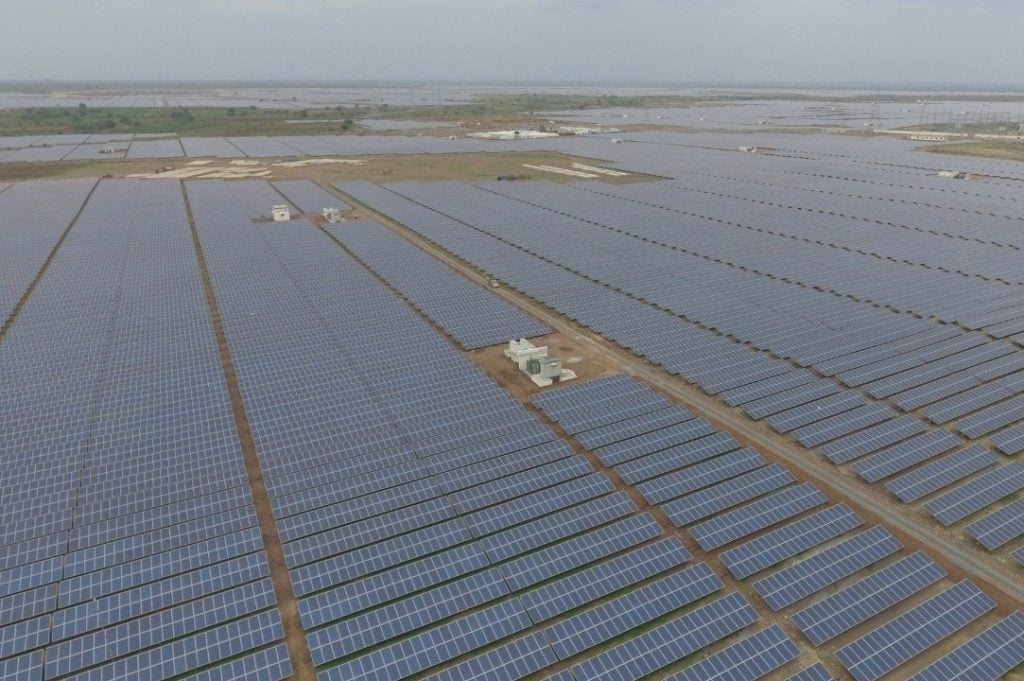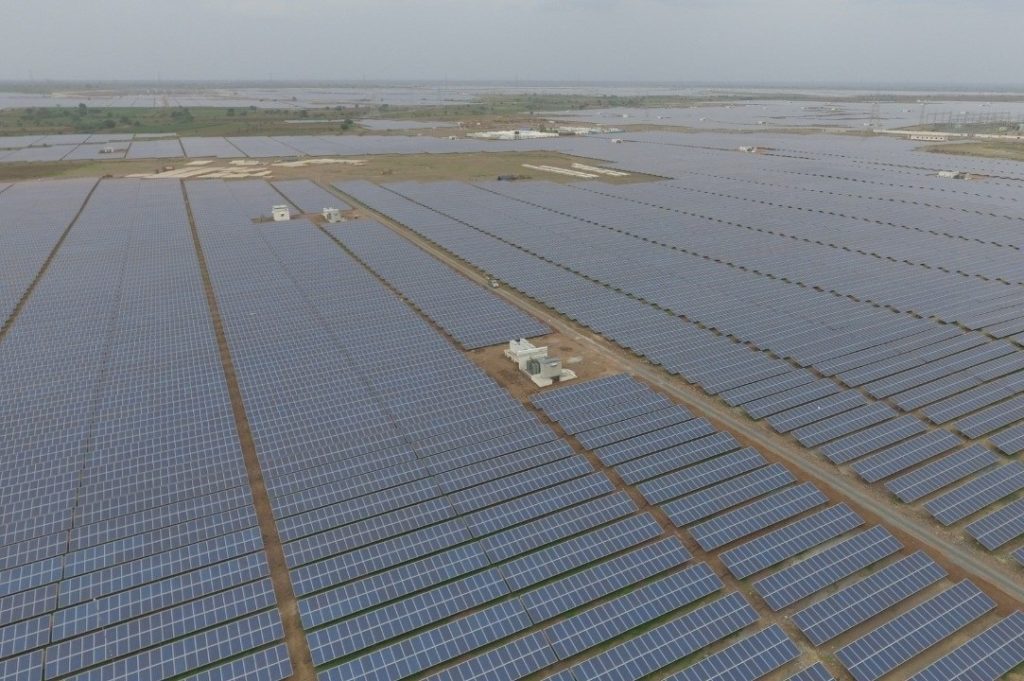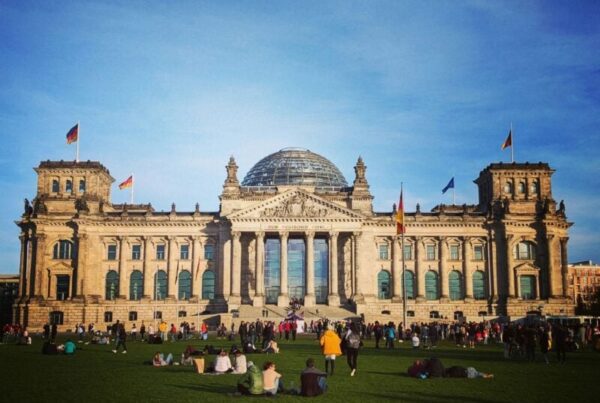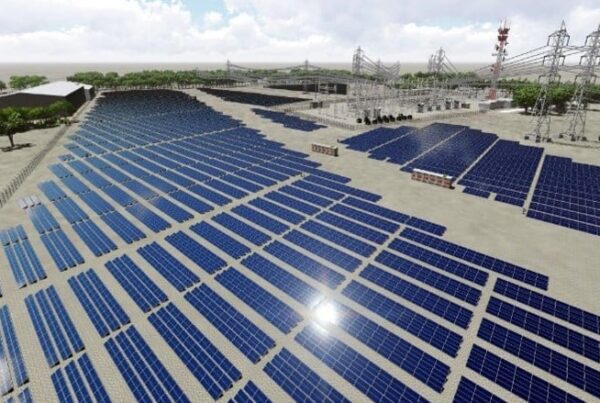
PV module prices in India have increased by ~38% in the last 20 months, in part due to supply chain disruptions and rising solar demand, with prices not expected to fall until the end of next year.
That is according to research from JMK Research & Analytics, which found that following years of price declines, module prices have become increasingly unpredictable and volatile since mid-2020.
The consultancy said that globally and in India the price of mono PERC modules between August 2020 and November 2021 jumped by ~42% and ~40%, respectively.
A supply and demand mismatch is said to be the most crucial factor that has caused the increases globally, with JMK noting that new renewables targets were set by countries at COP26 last year, while more corporations are pledging to reach net zero.
Soaring polysilicon prices last year also had a knock-on effect while supply chains were further disrupted by COVID-19 lockdowns that paused manufacturing activity. According to JMK, recent lockdowns in China may affect solar module prices too, at least in the short term.
Other factors impacting module prices in India include a new basic customs duty, which has been levied on imports of solar modules at 40% and cells at 25% as of April 1. Anticipating an upsurge in demand for India-made solar modules, domestic solar manufacturers increased their prices by ~3 – 4% between February and March 2022, according to JMK.
The consultancy said module prices in India “are not expected to come down anytime soon. Considering all factors, it is expected post late 2023 or Q1 2024 is the period when we may finally see downward trajectory in solar module prices again.”
This conclusion broadly tallies with projections from Finlay Colville, head of market research at Solar Media, who believes module prices are to remain elevated for the next 18 months at least. Speaking at an event last month, Colville said demand for modules globally is about 25 – 30% higher than what the industry can supply.
With ever-increasing demand, JMK said it is imperative for supply in India to catch up to stabilise module prices.
Ahead of the introduction of the BCD, consultancy Fitch Solutions warned that India risks a supply and demand mismatch for solar equipment if domestic PV manufacturers are unable to meet the quantity required by project developers.
Since then, independent power producer Scatec announced it has put on hold a 900MW solar plant it is developing in India, citing the BCD and “limited domestic capacity”. Concerns have been raised that more PV plants in the country could be shelved as the tariffs may threaten some projects’ economic viability.
JMK estimates that India will add around 19GW of solar this year, bringing its total solar capacity to 74GW, well short of the country’s 100GW target.






